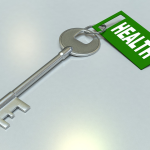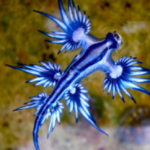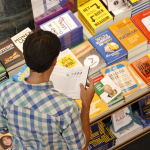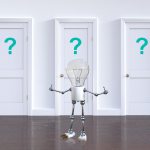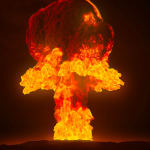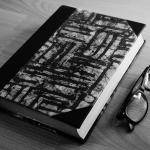Academic collaborators with industry?
Lawyers and Courts practicing medicine?
How to find a good doctor.
A hilarious take on TV’s medical ads.
Other Science News
A non-profit seeks to disrupt the way we finance scientific research
Before it was the Big Apple, it was the Big Oyster
Eating monkey brains, what could go wrong?
There is no such thing as junk food.
There is no doubt that remote care, virtual care, has come into its own during the pandemic. It seems equally clear that it is not going away but will find a niche in our healthcare landscape. Big businesses, especially private equity investors, see this shift in the landscape as an opportunity and are being led to the promised land of a large return on investments by consultants. What are those “thought-leaders” telling those investors will be the future? Does the term “smoke and mirrors” ring any bells?
Ocean? Pool? Ocean? Pool? Perhaps this will help you decide.
If you read only one thing this week please consider the hypocrisy over the ban on mentholated cigarettes. We are made of stardust, and our energy within might mean we are made of music. Once upon a time, Barnes and Noble was a predator; nowadays, has it become a benefactor? The Scream, not the picture, but the sound?
Over the past few months more healthcare articles have featured a new (at least for me) statistical methodology: mediation analysis. It doesn’t prove causality, but it can assign a value to the impact of a variable on an outcome. More usefully, it can help suggest what factors we can leverage using public health measures, regulation, or legislation.
The President just canceled the educational debt of 350,000 disabled students, a minuscule $7 billion of the $1.7 trillion in student debt. Who is leading the push here, the politicians or the public? The Brookings Institute offers up some answers.
AI and healthcare, murder or malpractice, call centers, and should we get rid of scientific journals?
Ukrainians are being urged to get their hands on a supply of potassium iodide for radiation sickness in case Vladimir Putin uses a nuclear weapon. Does iodide work? The short answer is yes – but for only one cancer.
COVID, war, inflation, drug overdoses, the Yankees. Enough stress! Let's take a stress break. A slice of American history with *very* little science. And some pretty pictures too.
How exactly do we think, the great migration – of our medications, freeing speech, and monkey minds.
Polling the population for their opinions and views has a long history. But are we most informed by the opinions categorized by race and gender, or might we learn more by viewing thoughts among like-minded individuals – like birds of a feather? A new study suggests how we consider how we cluster and flock.


